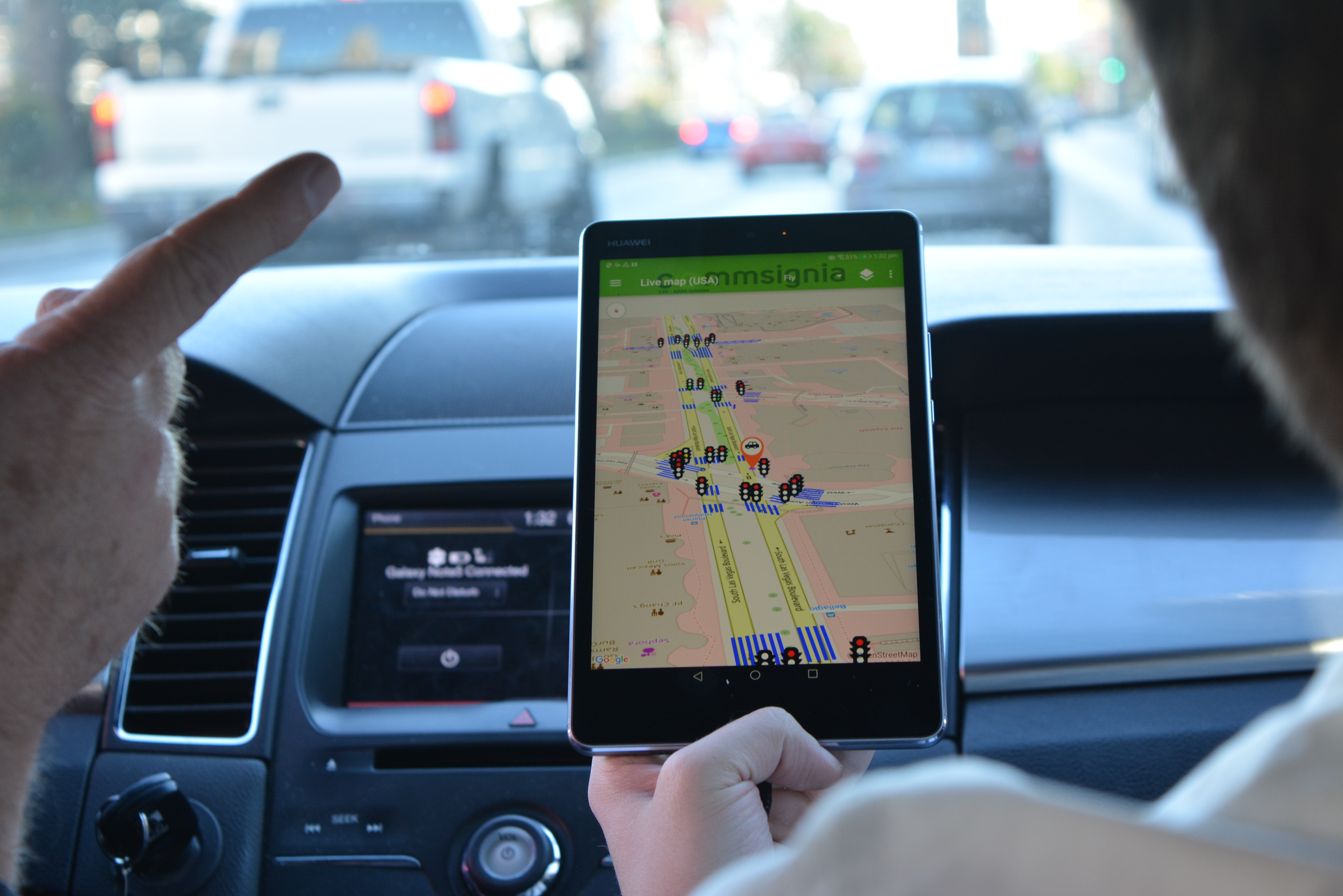9150 C-V2X is said to feature improved direct communication range, reliability and latency when faced with congested roadways. It is planned to be commercially available in the second half of 2018 with select suppliers expected to launch innovations based on the chipset solution shortly afterward.
Automotive participants include LG Electronics, Continental, Ficosa-Panasonic, Lear and Valeo, as well as cellular module manufacturers Gemalto, LG Innotek, Quectel, Sierra Wireless, Telit, Wistron WNC and ZTE. In addition, QCOM is also working with V2X software stack and application providers Cohda Wireless, Commsignia and Savari. It is also collaborating with system integrators Sasken and Thundersoft, to expedite C-V2X commercialization by helping the ecosystem to take advantage of the industry’s investment in ITS software and standardized protocols.
Maik Böres head of future mobility team, said: “The continued advancement of cellular technologies into 5G is a necessary part of connected, cooperative and autonomous vehicles that will be able to support BMW Group´s vision of the car of the future. As our cities and lives continue to become more connected, C-V2X is a natural solution to both deliver direct and network-based communications to fulfil a growing set of safety and informational use cases respectively, and Qualcomm Technologies' announcement reflects the automotive industry's acceleration to commercialize C-V2X technology with meaningful progress toward vehicle integration starting in 2019.”
Qualcomm and automotive companies to drive C-V2X commercialisation
Qualcomm Technologies (QCOM) is working with an ecosystem of carmakers and automotive suppliers to accelerate the commercial introduction of Cellular Vehicle-to-Everything (C-V2X) technology using its 9150 C-V2X chipset solution. The participants are seeking to utilise the device for next-generation vehicles and roadside infrastructure, staring in 2019. 9150 C-V2X is said to feature improved direct communication range, reliability and latency when faced with congested roadways. It is planned to be









